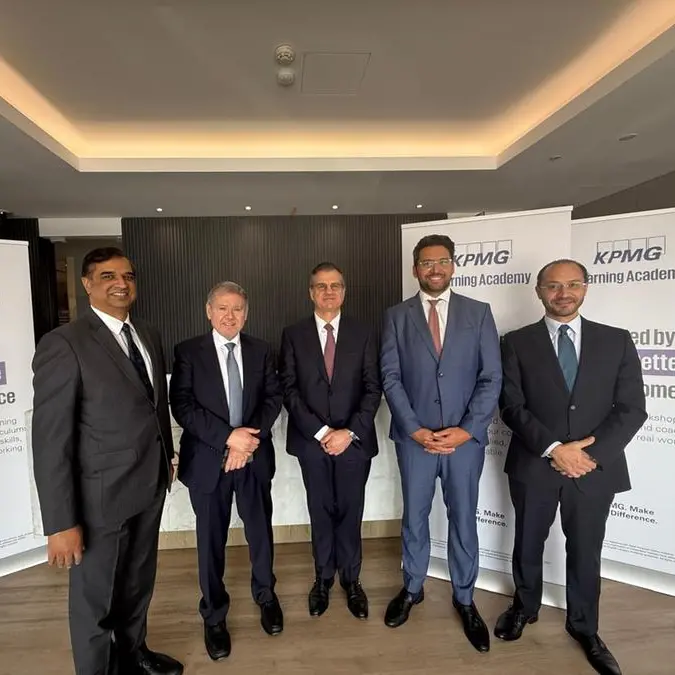Dubai, UAE – Intertek, a leading Total Quality Assurance provider to industries worldwide, shared insights on food packaging safety and compliance at PRIME Summit 2019: Packaging Resource & Innovations Middle East.
PRIME Summit 2019 was recently held in Dubai and brought together more than 200 packaging industry leaders and professionals, in addition to select government officials, packaging organisations, supply chain and procurement managers as well as technology consultants over a span of two days.
The complex and dynamic global regulatory landscape and the growing number of stakeholder expectations present a real challenge for companies developing and manufacturing food packaging materials. Each company involved in the production process of food contact materials is responsible for ensuring the safety and compliance of its end product. For food packaging manufacturers, it is vital to understand their regulatory obligations and demonstrate compliance with the ever-changing food contact requirements in order to achieve successful market access.
The presentation conducted by Intertek Health, Environmental & Regulatory Services (HERS) expert, Sunanda Kadam, provided an overview of global food contact regulations, compliance procedures, and testing standards. The presentation focused on local and international legislation and compliance requirements for various food contact materials, such as: plastic, rubber, silicones and printing inks. Ms. Kadam highlighted the importance of migration testing that is often required to demonstrate compliance of a food contact material with the applicable legislation. Additionally, sustainable practices for food packaging were discussed and Ms. Kadam reviewed Intertek’s full suite of sustainable packaging solutions. “At Intertek, sustainability is core to our business”, said Ms. Kadam. “We are not only constantly evaluating and improving our service offerings to help our customers meet their sustainability goals, but we are also consistently re-evaluating our own business processes and initiatives. Through our global network, local experts, and subject-matter expertise, our sustainability strategies aim to help optimise and reduce the total cost and environmental impacts for food packaging manufacturers.”
As the local and global food packaging industry is faced by an increased consumer demand for sustainable practices and moves towards a circular economy, packaging and product recycling compliance becomes crucial for stakeholders. Intertek supports sustainable packaging needs throughout all the stages of the supply chain and provides comprehensive industry packaging solutions through its Assurance, Testing, Inspection, and Certification services for the food packaging industry.
© Press Release 2019Disclaimer: The contents of this press release was provided from an external third party provider. This website is not responsible for, and does not control, such external content. This content is provided on an “as is” and “as available” basis and has not been edited in any way. Neither this website nor our affiliates guarantee the accuracy of or endorse the views or opinions expressed in this press release.
The press release is provided for informational purposes only. The content does not provide tax, legal or investment advice or opinion regarding the suitability, value or profitability of any particular security, portfolio or investment strategy. Neither this website nor our affiliates shall be liable for any errors or inaccuracies in the content, or for any actions taken by you in reliance thereon. You expressly agree that your use of the information within this article is at your sole risk.
To the fullest extent permitted by applicable law, this website, its parent company, its subsidiaries, its affiliates and the respective shareholders, directors, officers, employees, agents, advertisers, content providers and licensors will not be liable (jointly or severally) to you for any direct, indirect, consequential, special, incidental, punitive or exemplary damages, including without limitation, lost profits, lost savings and lost revenues, whether in negligence, tort, contract or any other theory of liability, even if the parties have been advised of the possibility or could have foreseen any such damages.



















